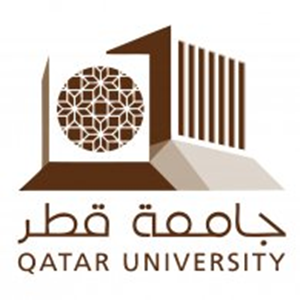Projects
CARES lab is working diligently in different areas of cybersecurity and power electronics.
The below list summarizes the project and brief details about the ongoing projects.
PLC-SAST (Programmable Logic Controller Static Application Security Testing) System for Detecting Code Vulnerabilities & Standard Compliance
(Funded by Office of Naval Research (ONR))
Programmable Logic Controller (PLC) codes are used to control the operation of machines, such as motors, valves, and sensors, based on inputs from various sensors and other devices. The US Navy widely uses them for a variety of automation and control applications. We will check if the PLC codes have any vulnerabilities. We propose to develop a Static Application Security Testing (SAST) system that will be used to check PLC codes to see if they have any code vulnerabilities and meet Navy standard compliance.
Underwater Image Enhancement for Autonomous Underwater Vehicle-based Ocean Wastes Cleanup (Funded by: TAMUG Comprehensive Research Funds (TCRF))
In this project, a Generative Adversarial Network (GAN) is developed to improve the detection of small microplastics in Autonomous Underwater Vehicle (AUV). The GAN model takes in a low-quality camera feed and outputs an improved version, thereby effectively distinguishing between microplastic and aquatic life and detecting and locating underwater waste. The proposed model directly reconstructs the clear underwater image rather than calculating the parameters of the underwater imaging model. The proposed model will improve image quality by up to 50% and increase the accuracy of the microplastic detection model by 35%. This seed funding will help in testing and developing this novel GAN model, which could help in a variety of projects not just limited to ocean waste cleanup. We aim to set up the Ocean CleanUp Center using the results of this proposal which could be used to improve the Blue Economy.
Development of Network Intrusion Detection System (NIDS) Funded by DOD-U.S. Army
With advancements in Information & Communication Technology (ICT) and the Internet of Things (IoT), the world is directed toward autonomous and digitalized systems. However, these new challenges and problems are also rising, as many new and novel attacks are being continuously developed. Furthermore, the existing Network Intrusion Detection System (NIDS) fails to detect new and modern attacks. Especially for military systems, where network security is crucial for military operations, this is a growing concern. This funded project is working on addressing these gaps by developing an autonomous and intelligent system for Network Intrusion Detection, capable of self-updating without human intervention. The proposed scheme utilizes a mixture of close-set and open-set classification approaches to develop a robust system. The main objective of the proposed method is to address the evolving problem of Open-World Recognition (OWR) and develop a method that is no longer dependent on humans. By incorporating misuse-based approaches and open-set recognition approaches, evolving behavior of attacks will be captured and autonomously updated in the model with time. This will lead to the optimum solution for NIDS. The outcome of the proposed project will be an optimum method capable of detecting new adversaries and self-updating over time.
Gulf Research Program’s Early Career Research Fellowship: Offshore Energy Safety (Track 3)
(Funded by National Academies of Sciences, Engineering, & Medicine (NASEM))
With the recent technological advancement in control, communication, and networking, offshore energy production systems are now transforming into autonomous systems. Although this advancement is quite beneficial in terms of operation, at the same time, it has paved a path to newer challenges and constraints. For example, a recent cyber attack (on May 7, 2021) on Colonial Pipeline, an American oil pipeline system that originates in Houston, Texas, and carries gasoline and jet fuel mainly to the Southeastern United States, suffered a ransomware cyberattack that impacted computerized equipment managing the pipeline. To address these concerns, the funds from this fellowship will be used to develop a real-time, practically applicable solution using semi-supervised machine learning to detect cyber-attacks in offshore energy systems. In addition to cyber-attack detection, this research will also work on developing possible countermeasures to such attacks to minimize their impacts. The developed model can distinguish between normal operation and any discrepancy in offshore energy systems in the Gulf of Mexico. Future research includes devising a reinforcement learning-based testbed to validate false data injection cyberattacks on an offshore energy system, which will be used to assist the operators in detecting and mitigating any false commands.
Data Science Course Development Grant Program: Data Science for Marine Cybersecurity (Funded by Texas A&M University Institute of Data Science 2022)
Emerging cyber threats and incidents in the maritime sector highlight the need for revising the engineering curriculum with advanced data science tools that may help the future engineers of the United States to win on every front in cyberwarfare. Therefore, the funding provided by the program will be used for developing a course on the application of data science in the maritime cybersecurity domain. In starting lectures, the developed program introduces Cybersecurity fundamentals and the concept of network security, followed by a detailed analysis of the Cybersecurity condition in the maritime domain along with the case studies, depicting the severity of cyberattacks. As countermeasures deployed against these cyberattacks are heavily dependent on data science tools, this program then highlights the role of data science in Cybersecurity along with the programming exercises and labs designed to promote the involvement of students. Furthermore, Renowned Supervised and Unsupervised approaches adopted in the cybersecurity domain were also covered. Moreover, programming exercises involved in the malware and network traffic analysis will provide a hands-on experience to the students. Therefore, these labs and lectures will help marine engineers to develop and utilize data analytics tools for assessing the Cybersecurity risks of the maritime sector.
2022 Data Science Career Initiation Fellow Program (Funded by Texas A&M University Institute of Data Science)
Cyberwarfare in the maritime sector may result in disastrous events and serious consequences. Integrating the modern tools and techniques in the maritime sector for eradicating the inherent security challenges is an inevitable need. To address this concern, through this fellowship program, Dr. Khan is focusing on highlighting the role of data science in maritime Cybersecurity to the working professionals. In this program, Dr. Khan will arrange a workshop on the “Importance of Data Science in Maritime Cybersecurity”. The targeted audience of this workshop will be experienced personnel, maritime manager, executive, or thought leader who understands their business and the maritime transportation system, but is not as familiar with issues and challenges related to Cybersecurity. The goal is to create action leaders related to Cybersecurity in the maritime domain. Through this exercise, the working professional will know the importance of modern skillsets and must readily invest in the integration of data science tools for elevating the security standards of this sector.
Topics to be covered: Impact of Cyberattacks in the maritime sector along with the case studies, fundamentals of Cyberspace requirements, data Science tools for the secure maritime operation, Cyber Risk assessment tools & techniques, and maritime Cybersecurity recommendations.
Qatar Electric Bus Fleet – An Ancillary Service in a highly dynamic and high PV-penetrated utility grid to Enhance Grid Stability & Yield Economic Benefits
(Funded by: Qatar University)
This project proposes to use the charging infrastructure along with the electric bus batteries as an opportunity to enhance grid stability, achieve economic benefits, and reduce emissions in the projected high PV-penetration-based Qatar's utility grid. This proposal addresses the federated management of electric bus charging infrastructures with non-conventional energy sources for ancillary services provision, in addition to the conventional functionalities. With the proposed approach, consisting of hierarchal optimizations based on operation control and a federated learning-based financial model, the economic benefits of reduced infrastructure investment, fewer power disruptions, and reduced overall cost of electricity will be achieved and estimated. The developed optimization algorithm will be tested and validated for modified IEEE 14, 33, and 69 bus networks, consisting of conventional loads, solar generators, and charging stations. The proposal’s primary outcome is a machine learning-based platform for electric bus fleet management with ancillary services provided in a high PV-penetrated utility grid to enhance grid stability considering techno-economic benefits.
Data-Driven Transfer Learning-based Reliability Assessment of Integrated PV-Storage Power Conversion Systems
New-age power converters are developed with fast switching capabilities. Although high power densities are achieved, there are reliability threats due to shrinking size. Thus, there is a need to quantify the reliability threat in these high-frequency converters and also develop an artificial intelligence-based health diagnostic mechanism to predict performance degradation and failure events. This effort will greatly help in meeting the projected LCOE. This project aims to analyze the impact of varying solar power generation and reactive power on new-age power converters’ soft-switching and temperature rise. The results obtained from the simulation models and fielded module data will help in the training and validation of a transfer-learning-based health diagnostic and prognosis system. Outcomes of the system include remaining useful life (RUL) indicators and health prediction, aimed at minimizing unscheduled events, reducing unplanned downtime, and consequently lower LCOE. Furthermore, the developed simulation models will be used for developing improved design guidelines.
Impact of Adding Charging Loads to Low-Voltage Distribution Systems (Funded by Qatar National Research Fund - NPRP13S-0108-200028)
This project explores the different aspects of the grid impact of higher EV penetration in the fossil-fuel-dominated Qatar’s utility grid. For an accurate definition of the problem statement, the speed of charging (slow, fast, and super-fast), and randomness and mobility of EVs must be accurately modeled. These models are then used to quantify their impact on different power system characteristics such as load density of the region, load variation during different weathers, and variation of renewable energy. The intermediate outcomes of the study include peak load shaving, improved power quality profile, enhanced stability due to bidirectional power flow, dynamic pricing strategies, and guidelines for the installation of fast-charging stations in the region of Qatar. This helps in better planning of retrofitting and new installation and minimizes the capital cost requirements.
Finally, this study should provide a framework for the transition from a centralized synchronous generator-based power system to an “Advanced active Distribution Network” consisting of distributed generators. This helps in updating the “Power Grid Regulation Policies” of the region to support and realize the Qatar Smart Grid.
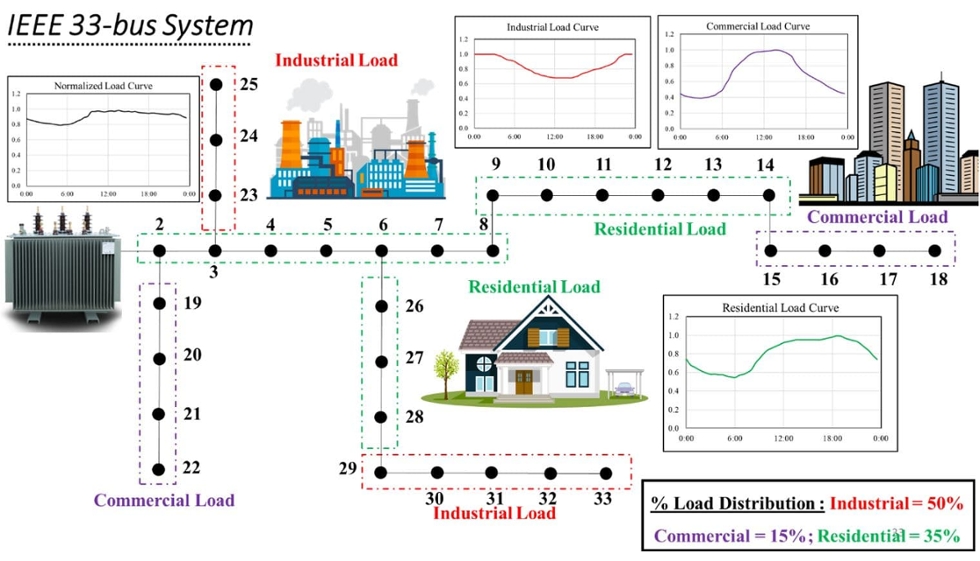
Optimization of Marine Propulsion System (Funded by Texas A&M Engineering Experiment Station Annual Research Conference (TARC) 2021)
The awarded project proposes an advanced power electronic concept of Pole-Phase Modulation to eliminate the gear presence in the marine propulsion drive. The proposed project will eliminate the existing gear mechanism in the propulsion drive and optimize the power electronic infrastructure by replacing the traditional low-frequency transformer with a novel Solid State Transformer.
This will result in improved drive efficiency, a highly compact footprint, quieter operation, less maintenance, faster control dynamics, and increased reliability. These improvements would help in addressing challenges related to fossil fuel dependence, greenhouse emissions, technological advancement in the electric drive industry, and minimal operating cost. Furthermore, it will also improve the health of personnel working in the engine room of the ship.
Integrated Power Electronic Building Block (iPEBB) based high-frequency isolated power system (Funded by TAMUG Texas Comprehensive Research Fund (TCRF))
This project aims to address this concern by proposing a novel concept of “integrated Power Electronic Building Block (iPEBB)”. iPEBB solutions will be based on power electronic converters embedded with high-frequency transformers. Additionally, iPEBB will be a single standard topology, capable of performing various functions such as power flow control, distributed filtering, distributed storage systems, and renewable energy integration. iPEBB-based solutions will result in smaller sizes, fast and reliable control, options for integrating renewable energy resources, reduced backup capacity, minimal downtime, and higher reliability. These solutions are especially critical for marine power distribution systems due to plug and play nature, modular design, minimal downtime, and higher reliability.
Ocean Wave Energy Converter: NaviBuoys (Funded by DOE National Renewable Energy Laboratory as a part of Marine Energy Collegiate Competition)
Recently, the maritime industry has experienced a significant increase in marine activities such as shipping, offshore aquaculture, and oceanic mineral exploration. An essential requirement to facilitate this growth is the need to build buoys for safe navigation and data communications. To work in this exciting area, the Texas A&M University at Galveston (TAMUG) team of students, under the supervision of Dr. Khan, has participated in the Marine Energy Collegiate Competition (MECC) 2021. In this funded research project, the team has developed NaviBuoy, which utilizes wave motion to power navigational lights. The generated energy from the wave is collected through the power take-off (PTO) system. As the energy generated is intermittent and discontinuous, a state-of-the-art energy storage system is also incorporated. During this research effort, the team attracted many maritime companies during one of the seminars. The team has successfully submitted the final report and made the final pitch in the MECC 2022, a one-week event conducted by NREL (23 – 27 May 2022). This year also, the TAMUG team will participate in this event.
Greening TAMUG: Integrating Sustainability Curriculum with Project-Based Learning (Funded from Presidential Transformational Teaching Grant)
Through education, research, and operational efficiency, universities are uniquely positioned to help and address complex sustainability challenges. Allocating the resources necessary to advance sustainability, however, can be challenging, especially for small campuses with limited financial and human capital. TAMU Galveston, with its unique blend of marine and maritime programs and proximity to the coast, exemplifies the quintessential small campus that is well-positioned to be a leader in campus sustainability but is falling short. This funded research focuses on developing an innovative, interdisciplinary project that combines a sustainability curriculum with project-based learning across concurrent courses in sociology and engineering. Here, the presented approach utilizes the Worcester Polytechnic Institute’s model for project-based learning. The involved students are engaged in different engineering and sociology aspects of sustainability. The engineering aspect introduces the students to the impact of current energy sources (both renewables and non-renewables) on the overall planet sustainability. The students involved in the project will be trained to gain hands-on experience and awareness of the community about energy sources will be enhanced. The sociology aspect focuses on dealing with everyday practices including (but not restricted to) food waste management, recycling efforts on campus, facilities/building sustainability, water recycling process and agriculture sectors, etc.
Sponsors
Texas A&M University
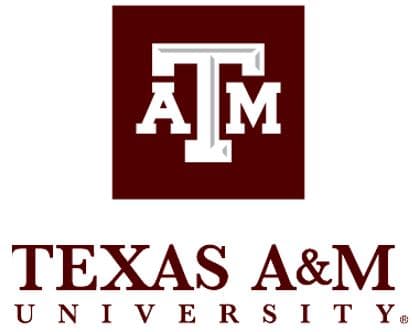
DOD-U.S. Army

National Academies of Sciences, Engineering, & Medicine (NASEM)
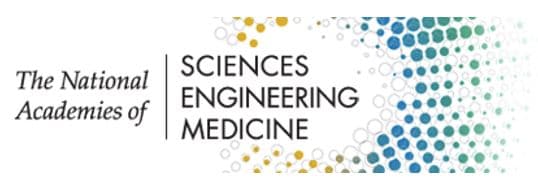
Texas A&M University Institute of Data Science
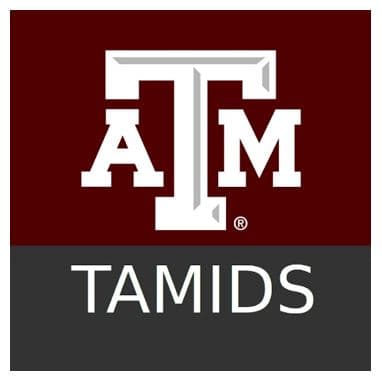
Qatar National Research Fund
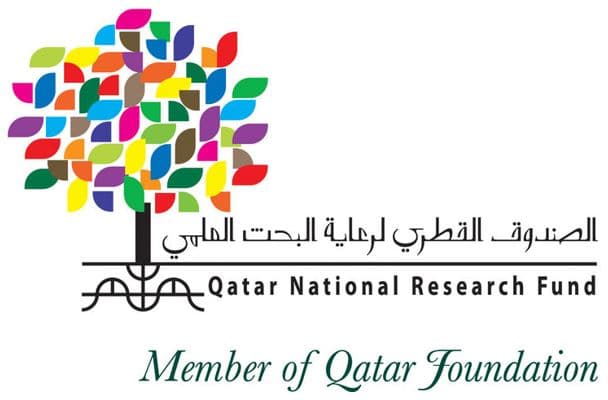
Texas A&M Engineering Experiment Station (TEES)
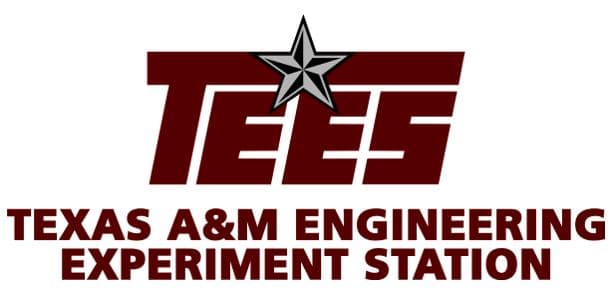
Department of Energy
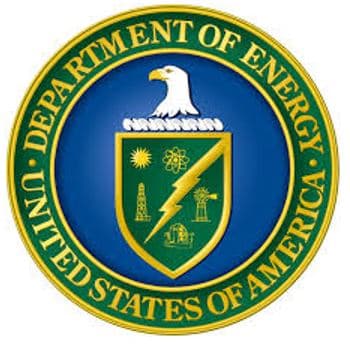
TAMU Presidential Transformational Teaching Grant
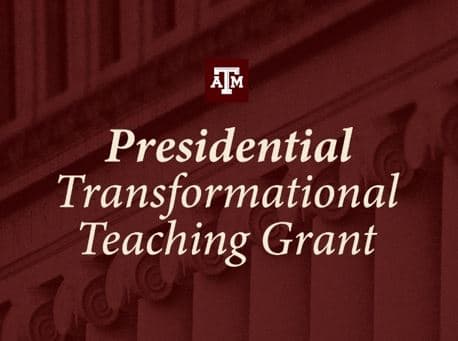
Office of Naval Research (ONR)
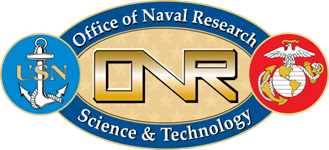
Qatar University
